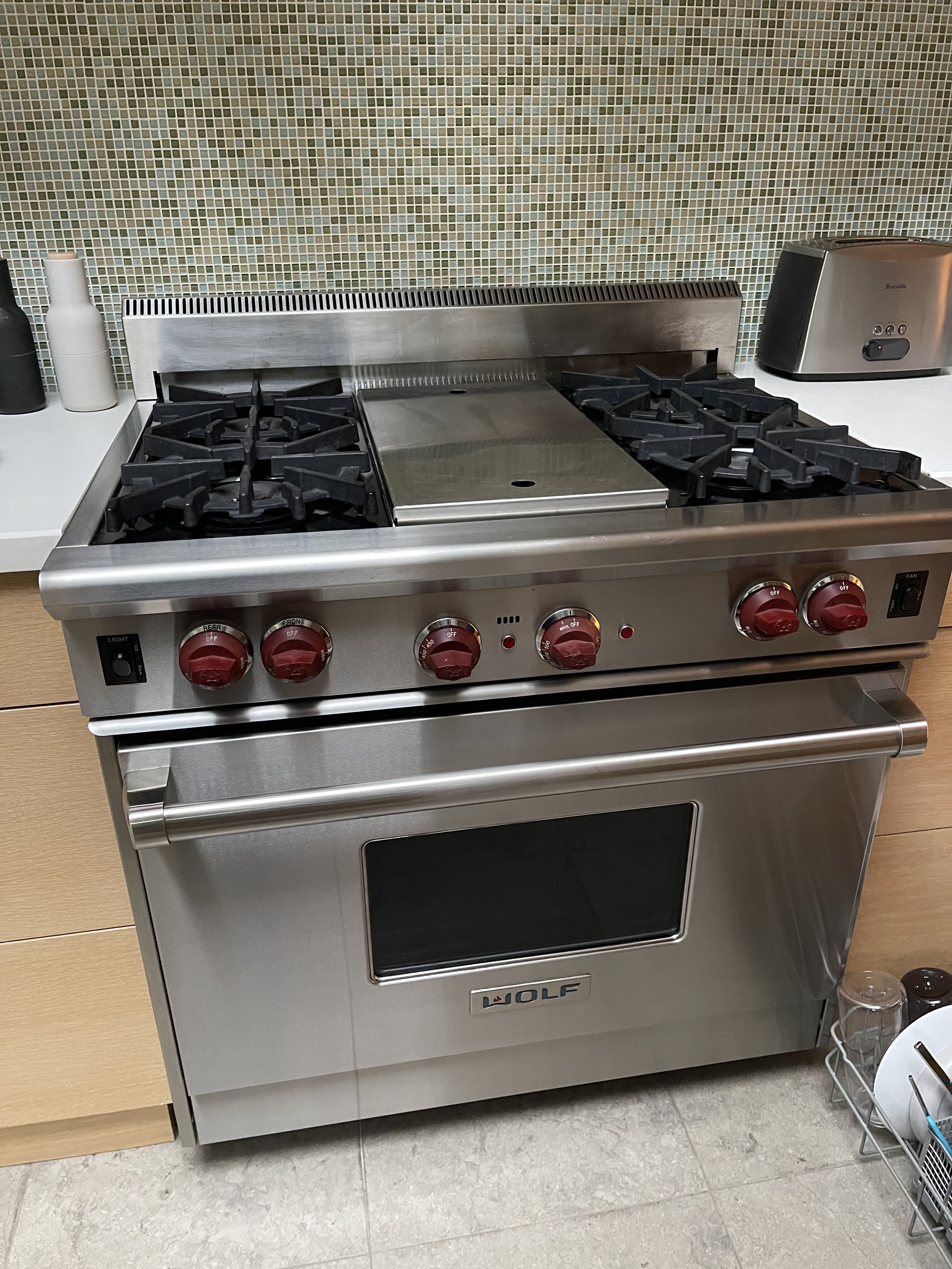
Fix or Replace appliances
Home appliances play a significant role in our daily lives, providing convenience and efficiency in various tasks. However, when an appliance breaks down or starts to show signs of wear and tear, homeowners are often faced with the dilemma of whether to repair the appliance or invest in a new one. In this comprehensive guide, National Appliance Repair will help you make an informed decision by examining the factors to consider when deciding between repairing or replacing your appliances.Is better to buy or repair your old appliance?
Age of the Appliance
One of the first factors to consider is the age of your appliance. Appliances have an average lifespan, and if your appliance is nearing the end of its expected life, it may be more cost-effective to replace it with a new one. Here are some average lifespans for common household appliances:
Refrigerators: 10-15 years
Dishwashers: 7-10 years
Washing machines: 8-12 years
Dryers: 10-13 years
Ovens and stoves: 10-15 years
If your appliance is still within its average lifespan, repairing it may be the more financially sound option.
Repair Cost vs. Replacement Cost
Comparing the cost of repairing your appliance to the cost of buying a new one is another critical factor in making your decision. As a general rule, if the repair cost is more than 50% of the replacement cost, it may be time to consider purchasing a new appliance.
At National Appliance Repair, we provide transparent pricing and work with you to determine the most cost-effective solution for your situation. Our skilled technicians can diagnose the issue and provide an accurate estimate of repair costs, helping you make an informed decision.
Environmental Impact
Repairing your appliance can be more environmentally friendly than buying a new one, as it reduces waste and conserves resources. By extending the life of your appliance, you can minimize your environmental footprint and contribute to a more sustainable future.
Energy Efficiency
Older appliances tend to be less energy-efficient than newer models, which can lead to higher utility bills. If your appliance is not Energy Star certified or has a low energy efficiency rating, replacing it with a newer, more energy-efficient model may save you money in the long run. Keep in mind that while energy-efficient appliances may have a higher upfront cost, they can provide long-term savings on energy bills.
Availability of Replacement Parts
As appliances age, it may become more challenging to find replacement parts, especially for discontinued models. If replacement parts are difficult to find or expensive, it may be more practical to replace the appliance with a newer model.
In conclusion, deciding whether to repair or replace your appliance involves considering factors such as age, repair cost, energy efficiency, warranty, and environmental impact. At National Appliance Repair, our expert technicians can help guide you through this decision-making process, providing cost-effective and efficient solutions tailored to your specific needs. Contact us today for all your appliance repair needs in Los Angeles and experience our dedication to customer satisfaction and industry expertise.



